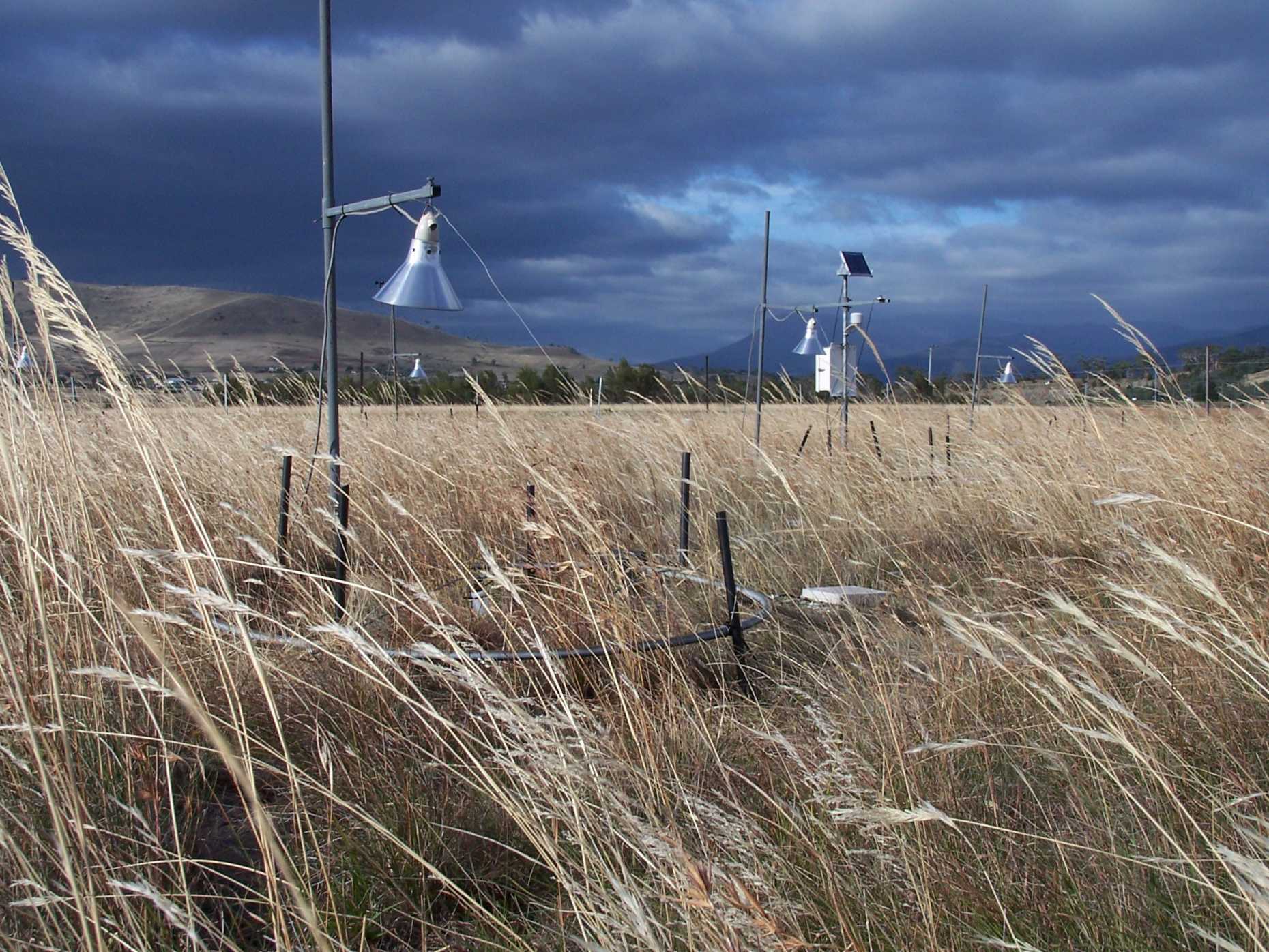Study on the response of water-limited ecosystems to elevated CO2 published in PNAS
Simone Fatichi published the research on "Partitioning direct and indirect effects reveals the response of water-limited ecosystems to elevated CO2" in PNAS
Elevated levels of atmospheric carbon dioxide affect plants directly by stimulating photosynthesis and reducing stomatal aperture. These direct effects trigger several more subtle, indirect effects via changes in soil moisture and plant structure. While such effects have been acknowledged, they have never been assessed quantitatively, partly due to the fact they are inseparable in field experiments.
The authors showed that the indirect effects of elevated CO2 explain, on average, 28% of the total plant productivity response, and are almost equal to the size of direct effects on evapotranspiration.
This finding has major implications for our mechanistic understanding of plant response to elevated CO2, forcing us to revisit the interpretation of experimental results as well as simulations of future productivity.
Dr Simone Fatichi from our group led the study, which involved also researchers from Aukland University of Technology (NZ), the University of Southampton (UK), Duke University (US), Villanova University (US) and the University of Tasmania (AU).

Reference
Fatichi, S., Leuzinger, S., Paschalis, A., Langley, J. A., Barraclough, A. D., & Hovenden, M. J. (2016). Partitioning direct and indirect effects reveals the response of water-limited ecosystems to elevated CO2. Proceedings of the National Academy of Sciences, 201605036, doi: external page10.1073/pnas.1605036113call_made
